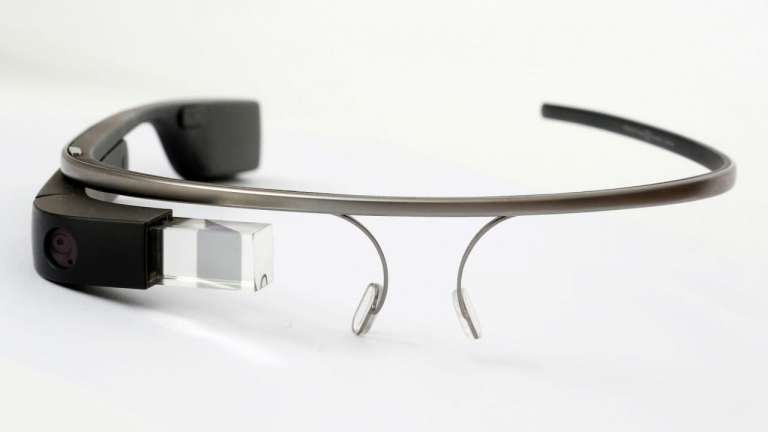GPs in London have been asked to restrict specialist NHS referrals as part of a strict programme of service rationing. They have been asked to avoid referring some patients to secondary care
The changes were communicated in a letter to key individuals, including local MPs.
The North West London Collaboration of Clinical Commissioning Groups (NWLCCCG), which funds care for two million patients, said that “difficult choices” were needed, as local finances had worsened significantly over recent years.
The Clinical Commissioning Groups (CCGs) have also proposed cutting the number of outpatient appointments, restricting consultant to consultant referrals, and “repatriating” elective operations from specialist centres outside the area to local hospitals to help tackle a projected £112m deficit.
The CCGs aim to bring 15% of elective cases referred out of the area to local acute providers – with a view to saving ‘30% on tariff costs’.
The changes, which will take effect immediately, will include significantly reducing referrals to consultants, axing some outpatient appointments and replacing them with a phone conversation, and urging GPs to find “alternative ways” of dealing with patient’s needs.
Additionally, patients currently receiving treatment from more than one consultant may no longer be able to access treatment from both the specialists.
Dr Gary Marlowe, BMA London regional council chair and London GP, said that while the financial pressures that clinical commissioning groups (CCGs) were under was appreciated, “cost-cutting must not come at the expense of quality patient care or increased bureaucracy and workload for doctors”.
He added: “All clinicians – whether in GP practices or in hospitals – must be able to make decisions over what is best for the patient in front of them, based on their own clinical evidence base, and not be blocked by arbitrary money-saving restrictions.
“By restricting referrals – be that from GP to hospital, or between consultants – patients are prevented from receiving the best treatment for their individual condition.”
Prof Martin Marshall, the vice-chair of the Royal College of GPs, said: “GPs are keen to work with CCGs but what is paramount is that any initiatives do not lower the standard of care that patients receive … it is important that GPs do not feel under pressure not to refer against their expert judgement on the basis of cost, or because they are concerned they will be penalised in some way.”
GPs have raised concerns that there is a risk GPs and primary care staff will have to spend crucial time on the phone to hospital administrators advocating on behalf of their patients.
A spokeswoman for NWLCCCG said: “Some of the proposals that emerge will see changes to patient services. We will engage patients as plans develop but as with any change there will be people who do not agree with our proposal. Some ideas will affect clinical services and in putting forward our plans we want to emphasise that the safety of our patients and the quality of our services will always come first.”




